Italy
Presentazione scuola e territorio from Leda Tripodi on Vimeo.
Croatia
Primary school Gornje Vrapce
The first elementary school was working at the parish church apartments and the first teachers were chaplans, pastors and organist. In October 1863 the first teacher was Dragutin Shur. In the first school year, the school enrolled over hundred children. When a female teacher got married, she could not longer work in school.
Today our school has 315 students. Primary school in Croatia has 8 grades.
The subjects we learn are: Croatian, English, German, Mathematics, Physics, Chemistry, Biology, History, Geography, It, Sport, Music, Art, Technical Education.
Free activities in our school: Astronomy, Eco group, Educational group, Zumba dance, Geographical group, Ping- Pong, Folclore, Debate club, French group, First aid club, Choir.
School from ana on Vimeo.
Spain
Our school is called IES Francisco de los Cobos, and is located in the south of Spain, in Úbeda (Jaén). Úbeda is a world-heritage site and our school is in the historical center of our town. Students in our school are from 12 to 18 years old. Apart from this project, we also participated in a Comenius project with other six countries from 2013 to 2015.
Our school webpage: http://www.juntadeandalucia.es/averroes/centros-tic/23006029/helvia/sitio/
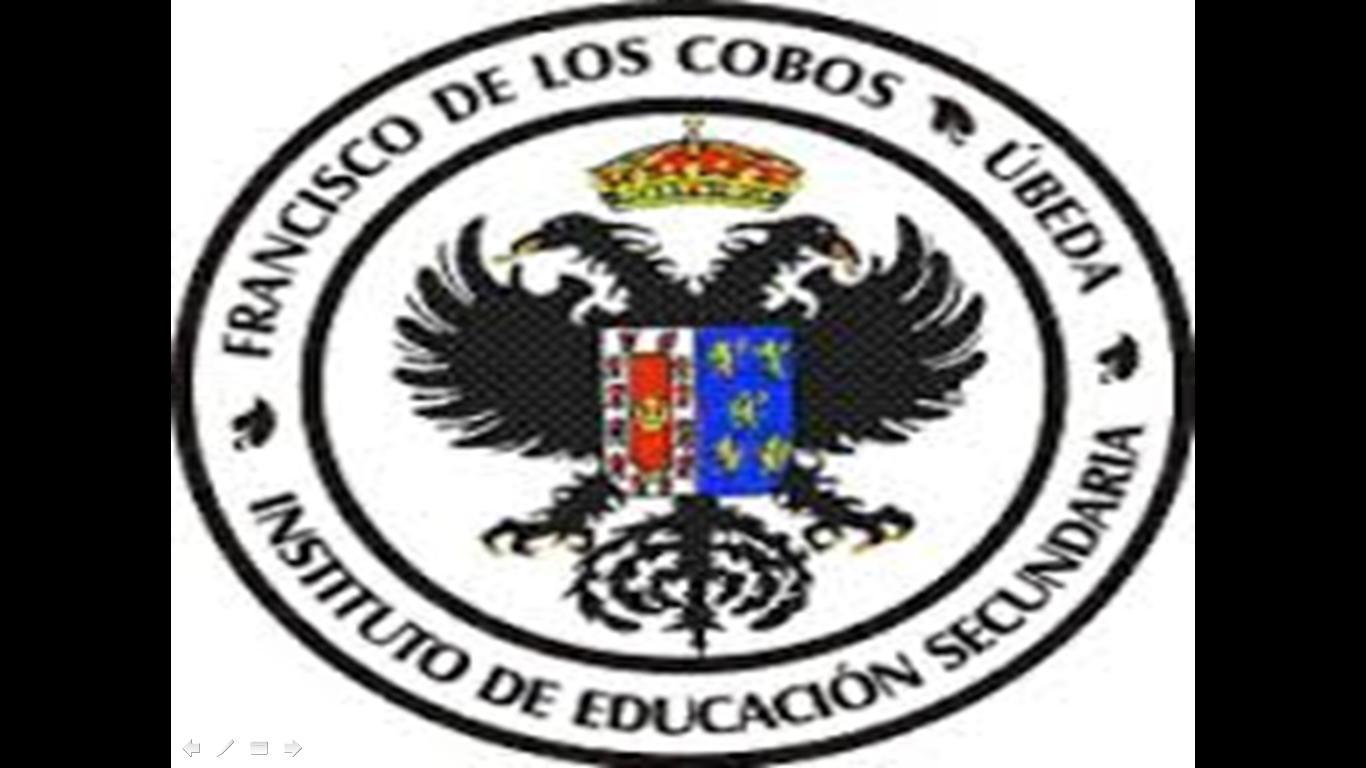
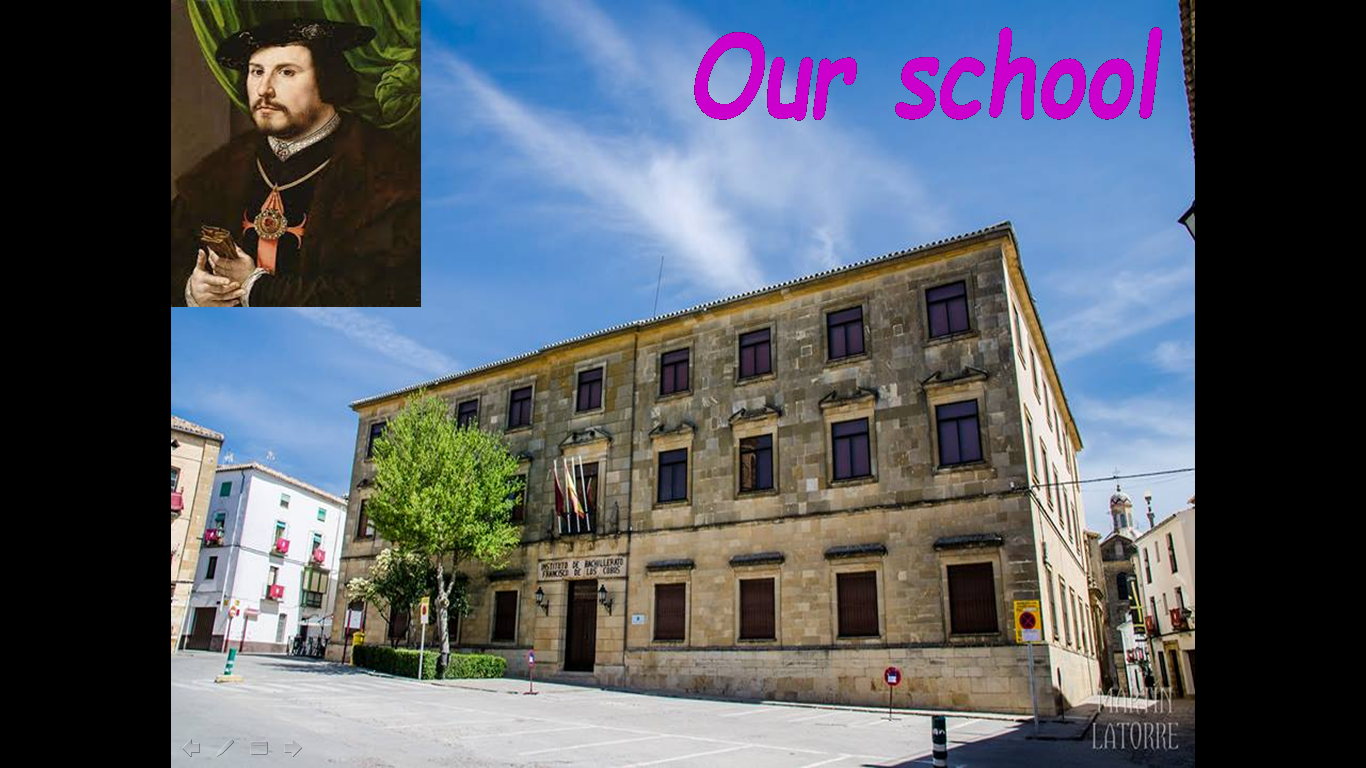
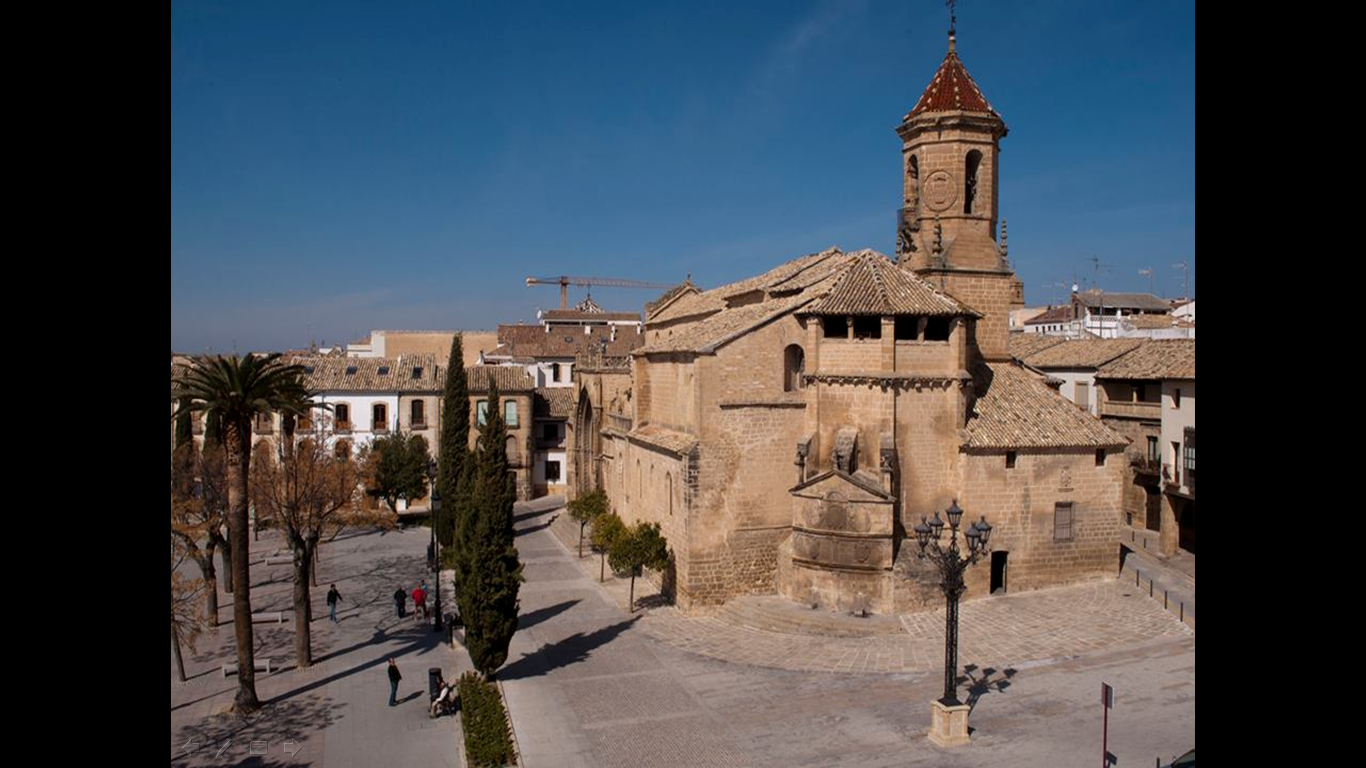
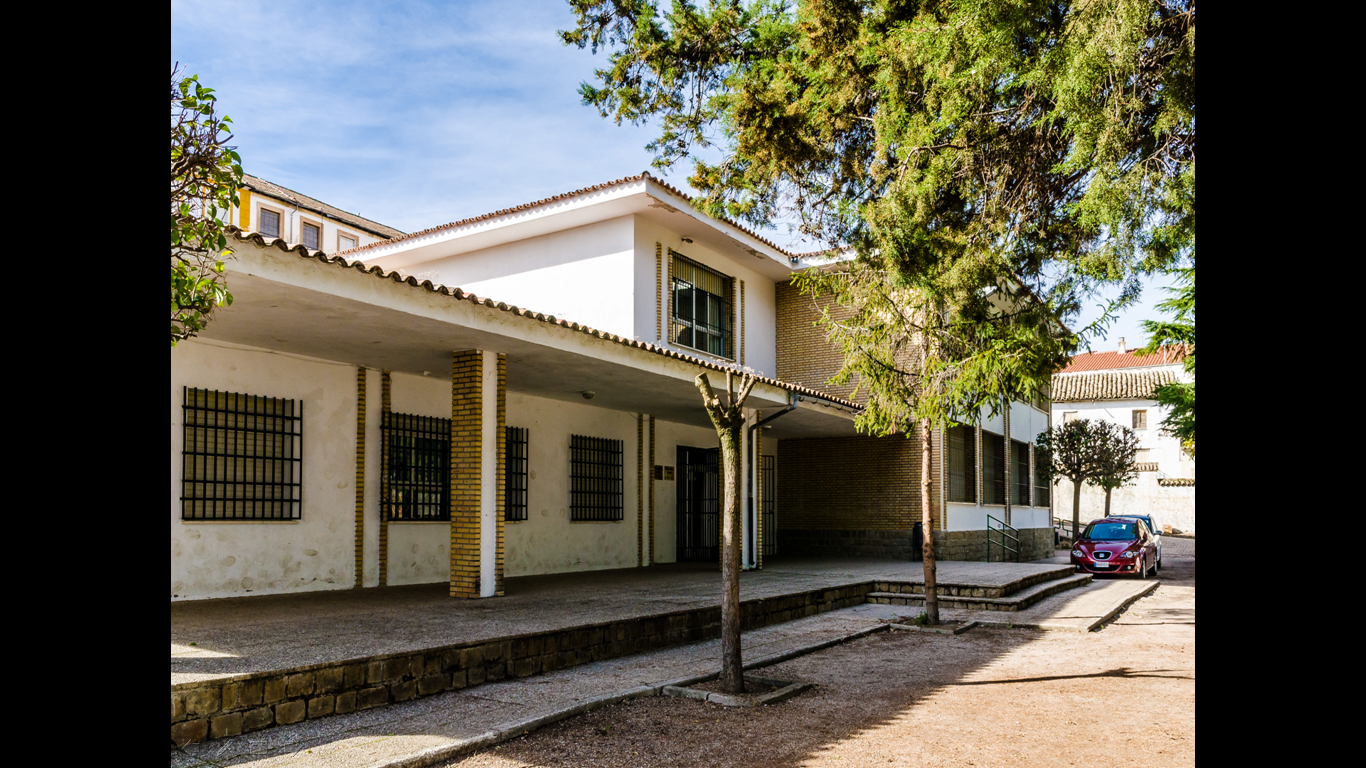
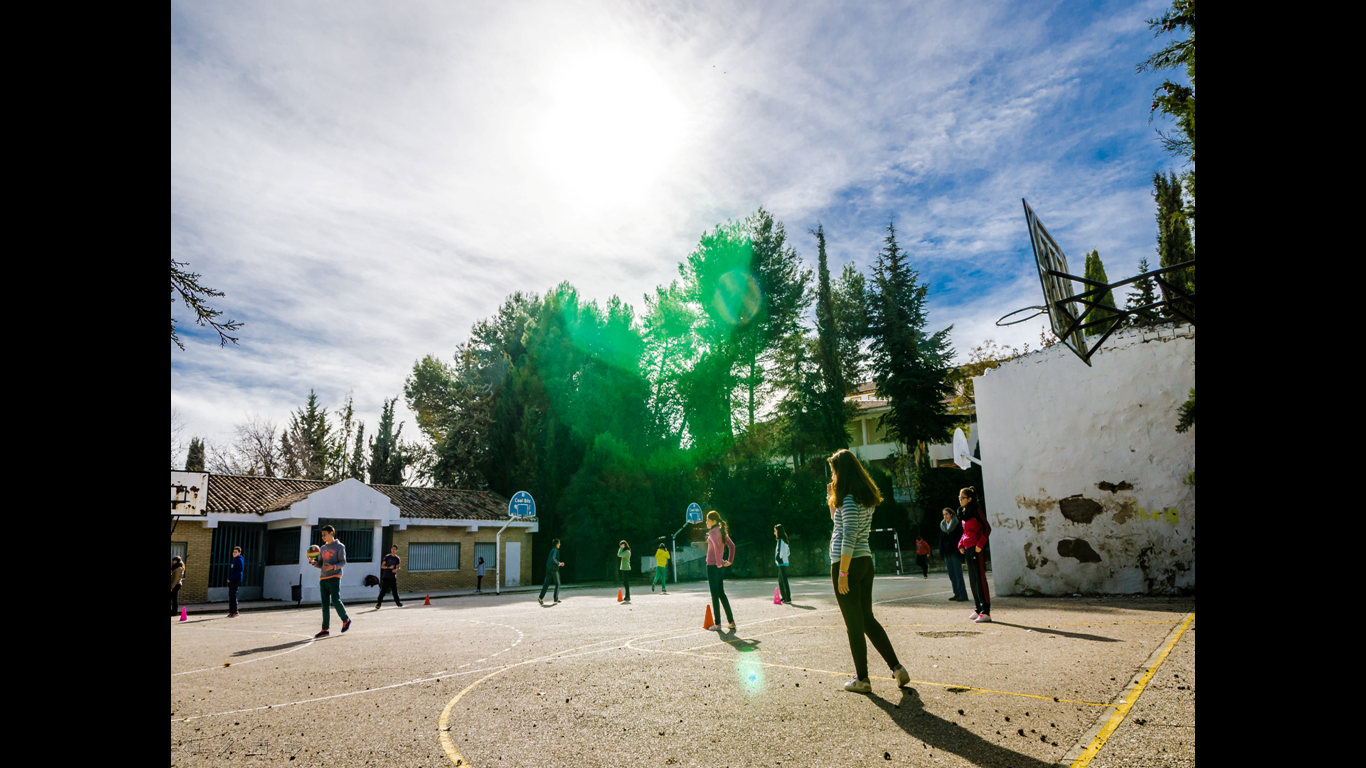
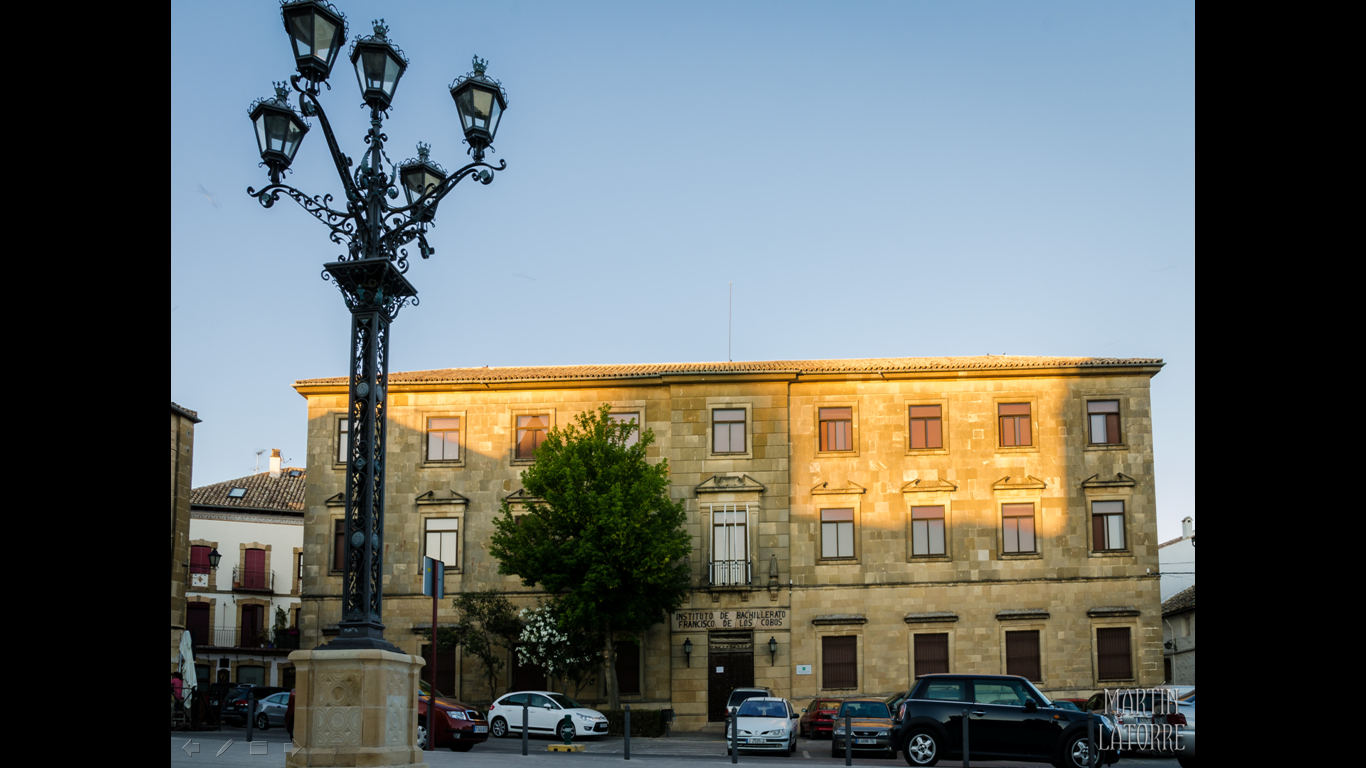
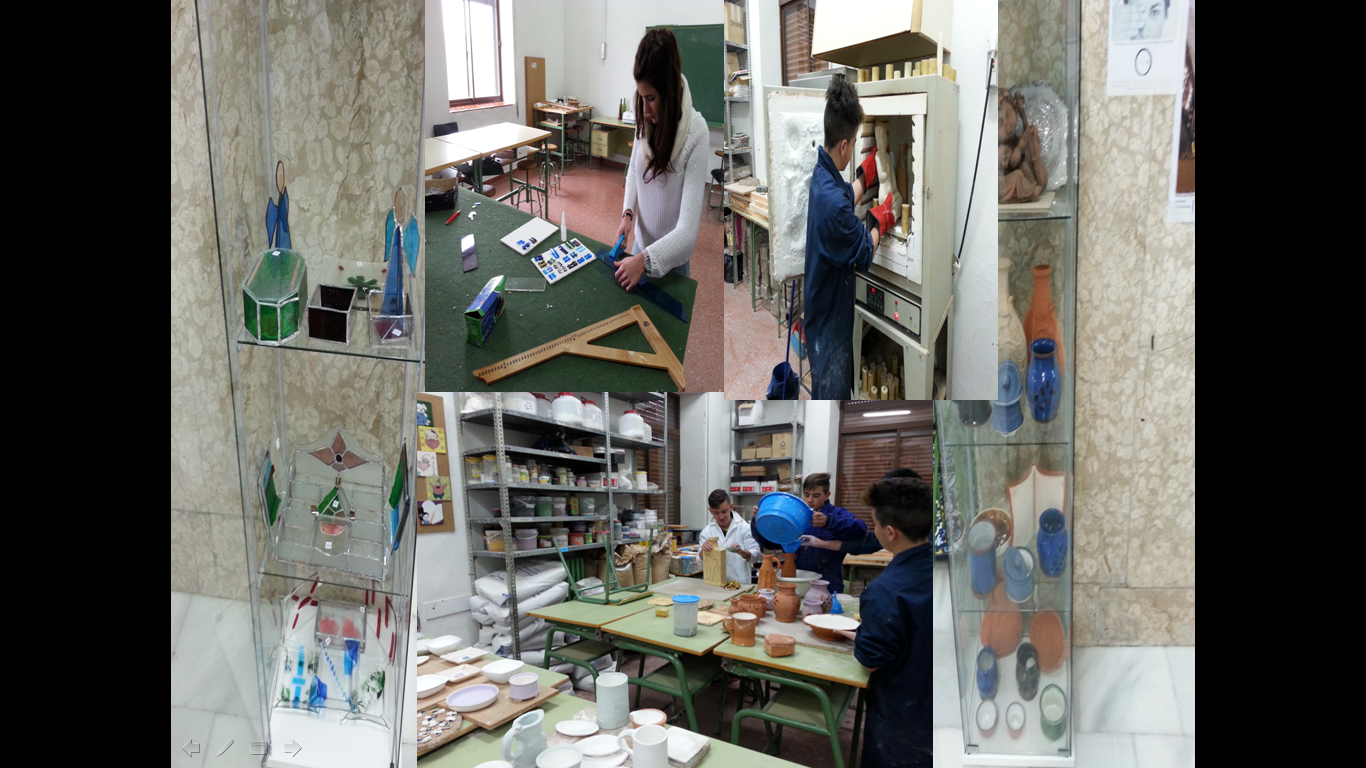
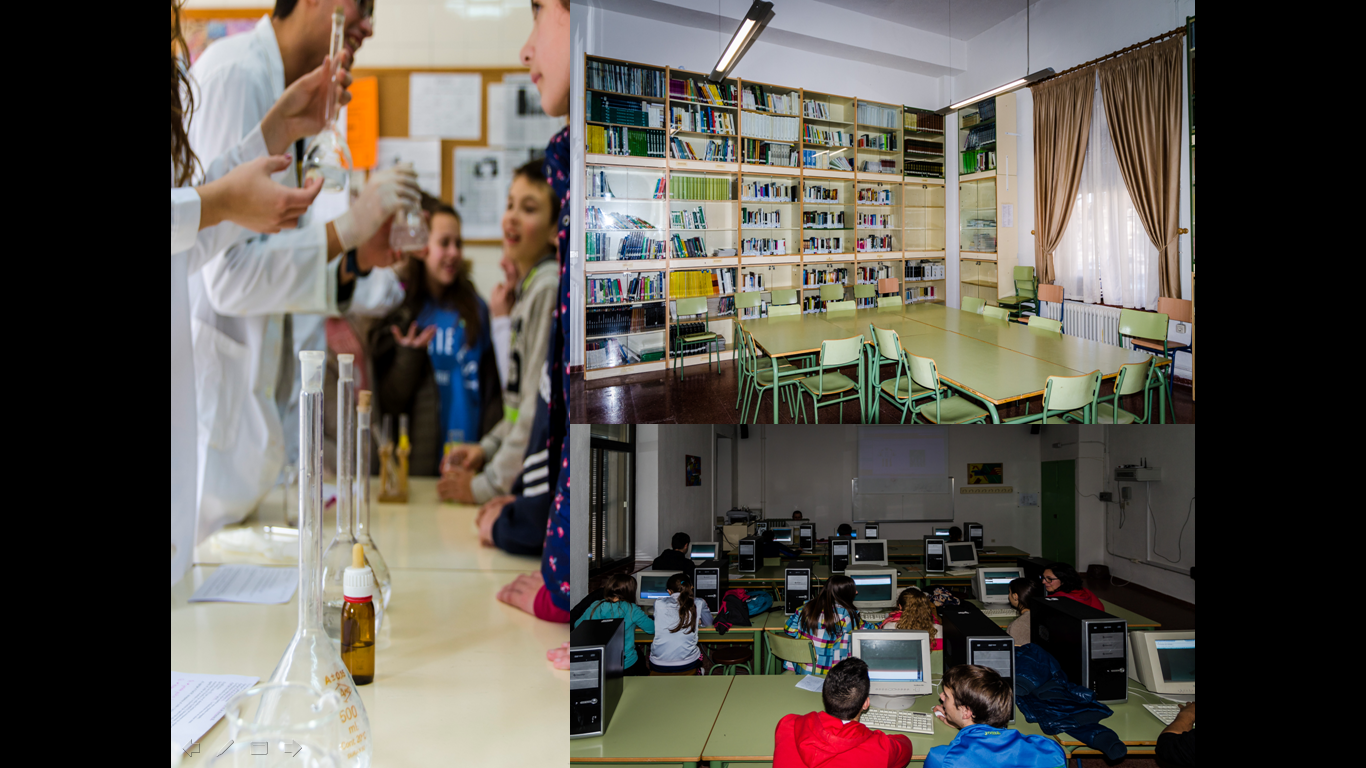
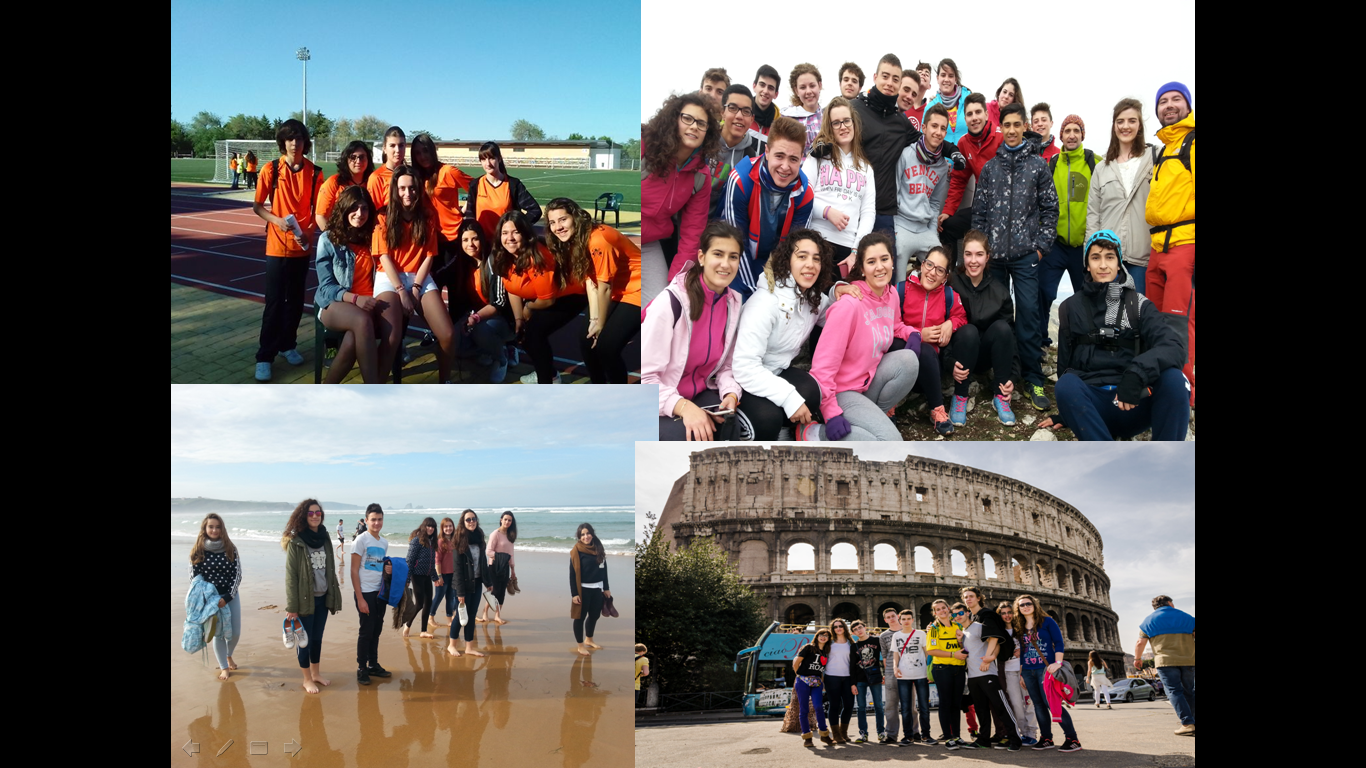
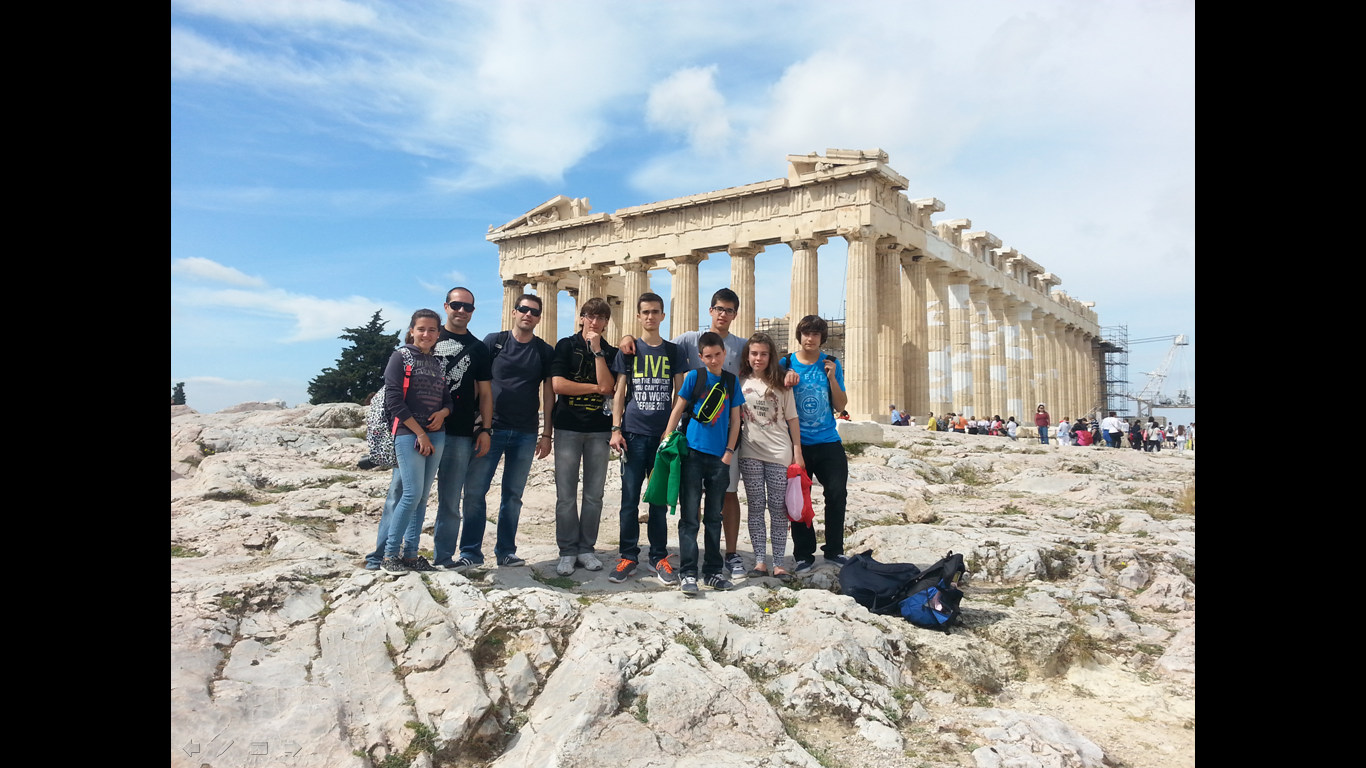
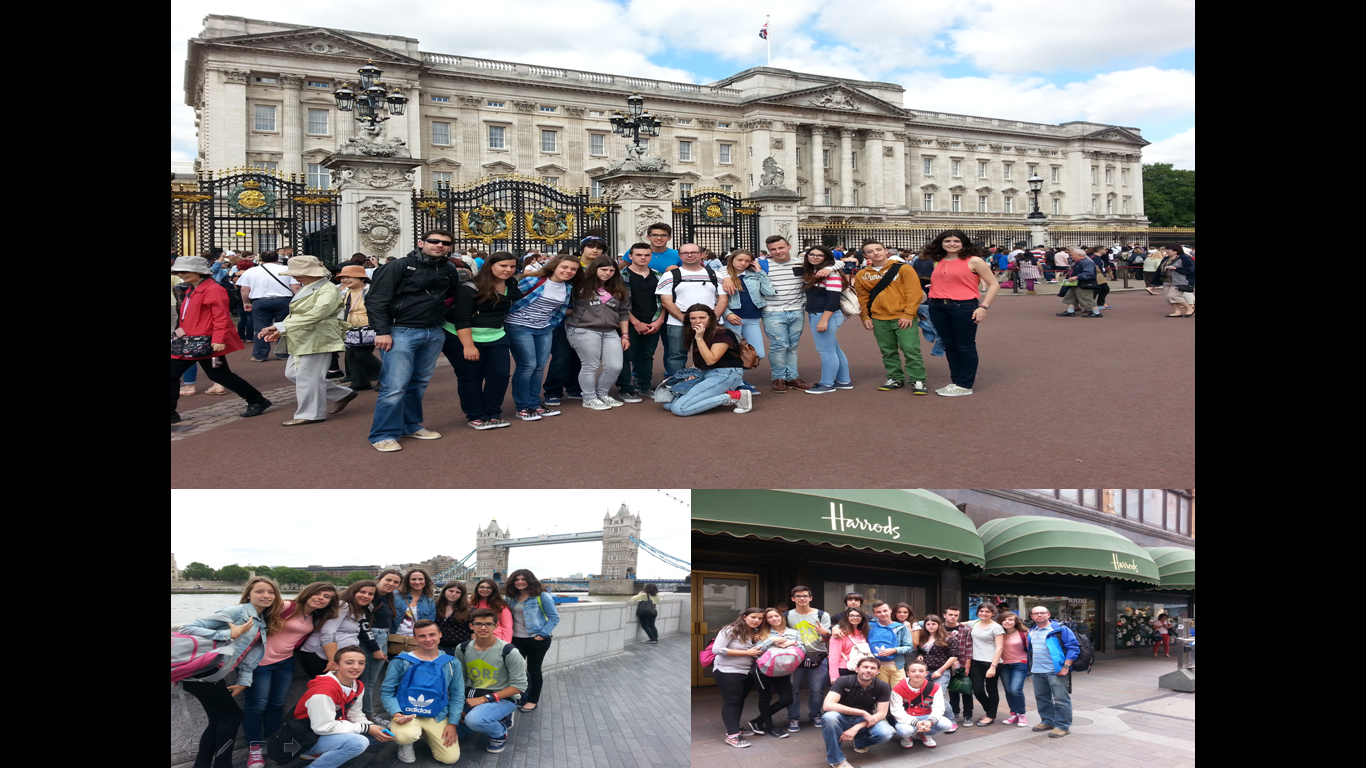

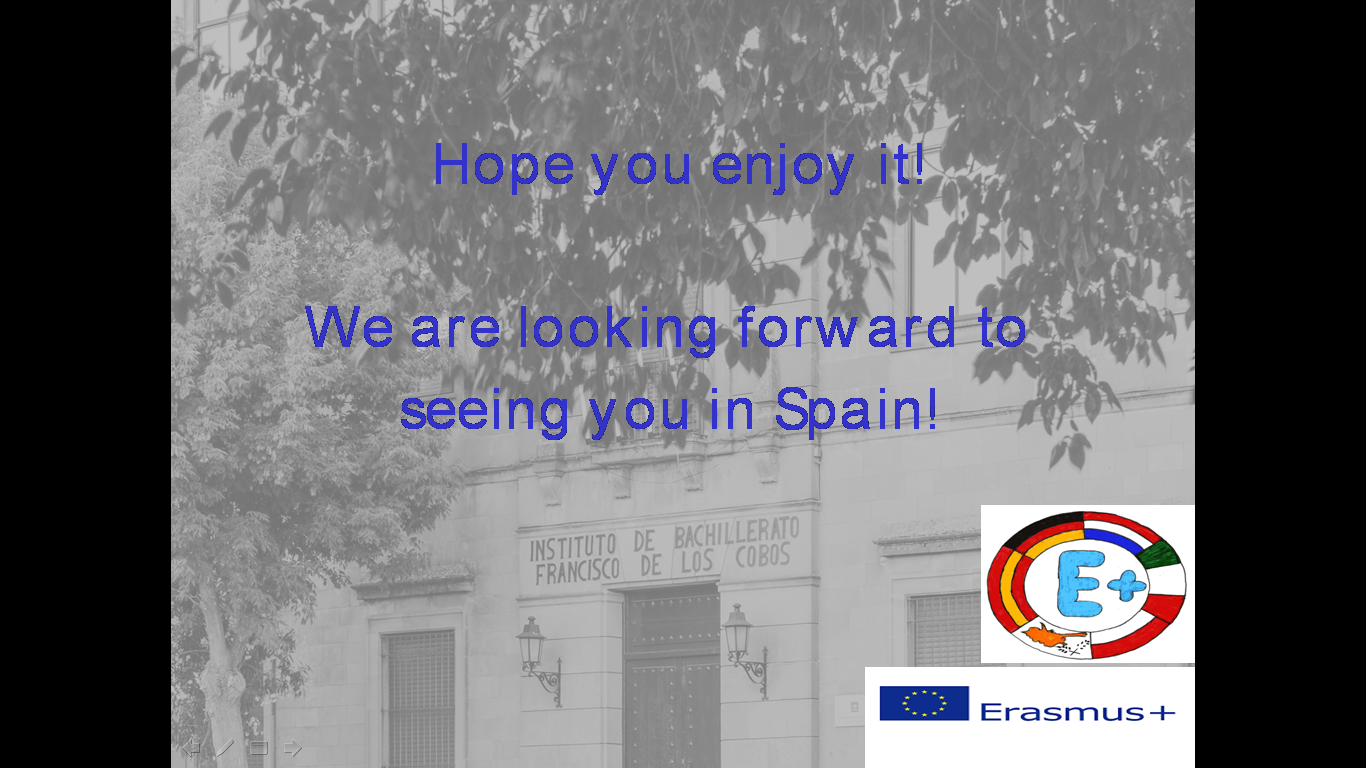
POLAND
OUR SCHOOL
Gimnasium No 13 belongs to Zespół Szkół nr 13 w Gorzowie Wielkopolskim which combines “O” level, primary school (age 6-11) and lower secondary school (age 12-15). This state school is the biggest one in our town Gorzów Wlkp. with about 500 students in gymnasium and 1150 pupils in primary school. It has a good technical base having at the disposal modern sports field, two gyms, schoolyard with traffic signs for young pupils, library, laboratories and well-equipped classrooms .
The main objectives of the education and didactic work are focused on preparing students for living in modern world, changing very quickly and develop pupils’ psycho-physical abilities. Our students are educated according to universal values, tolerance, solidarity, democracy, patriotism.The school promotes openness to other nations and their cultures and enhances understanding of cultural diversity.
Our school cooperates with a lot of different institutions and organizations e.g.: police department, art center, theatre, philharmonic, sport clubs, local media and upper secondary schools etc. In addition to compulsory teaching hours students can participate in non-compulsory activities, school trips, cultural events and develop their interests.
The school was established more than 30 years ago so it has its own history and tradition. There are annual festivals, performers and competitions arranged by students and teachers with the help of parents and local institutions and organizations. The cultural tradition and festivals represent an important curriculum aspect in education.
Teachers employed in our school provide students with high standard of teaching. They stimulate students’ creativity by using modern, active methods which at the same time support the learning process and train pupils to be autonomous in learning.
We want to work with partners from European countries to help children learn about other cultures, share mutual interests and develop mutual understanding. For teachers it will be a great occasion to develop various professional competences and give them the sense of belonging to a community of European teachers sharing a similar approach to multilingual, multicultural and technology-based education.
ERASMUS CLUB AT OUR SCHOOL
EUROPE DAY 2016
EUROPE DAY 2017
OUR ERASMUS TASK
OUR SCHOOL -
a video made by Erasmus+ students
for Europe through the literature project